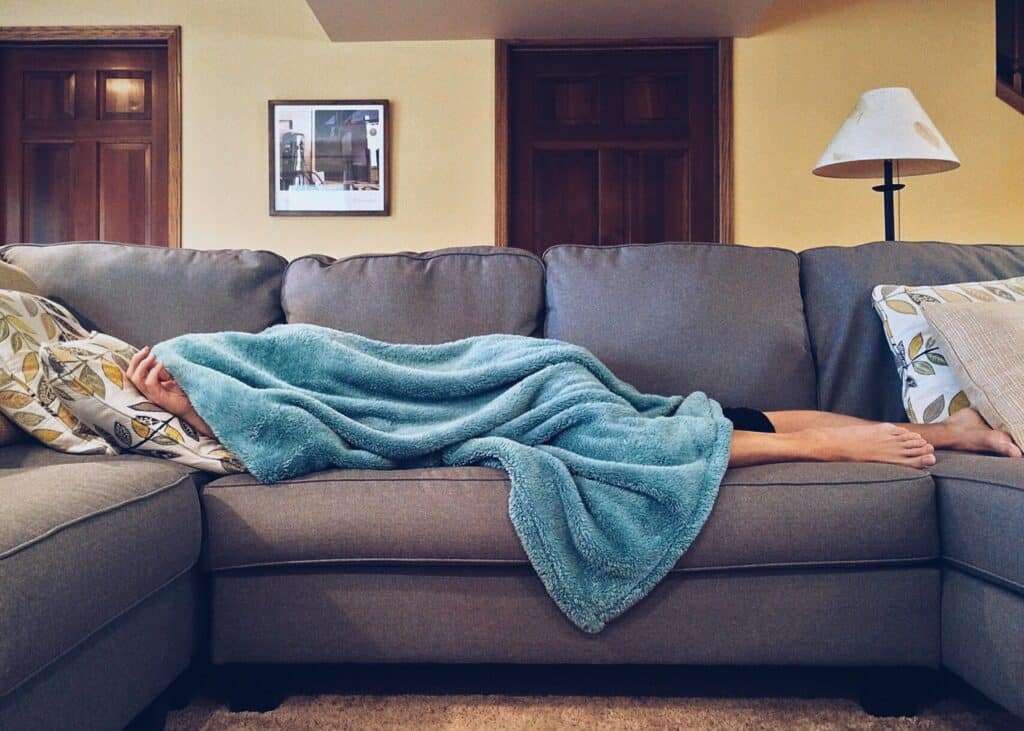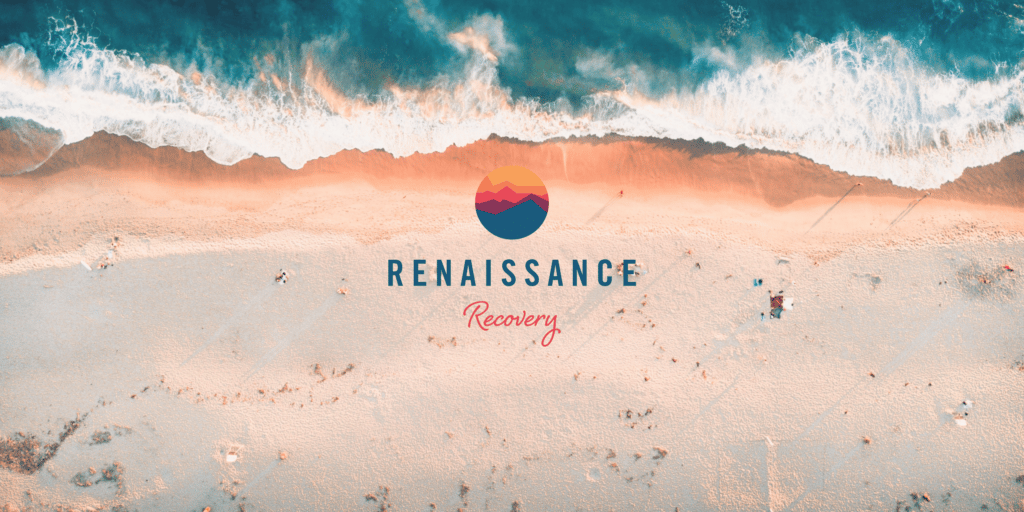Using alcohol and Xanax in isolation can be harmful, but combining these substances is dangerous and potentially life-threatening and causes substance abuse.
What happens when you mix Xanax and alcohol, then?
Need help getting addiction treatment?
What Happens When Mixing Xanax and Alcohol
Xanax is a branded version of alprazolam, a benzodiazepine. Benzos can be highly effective for the short-term treatment of anxiety disorders and panic disorders. This class of medication is highly addictive and damaging if taken long-term.
Alcohol and Xanax are both CNS (central nervous system) depressants. As such, it slows down brain activity in the same way as alcohol.
Some serious adverse outcomes associated with using Xanax long-term include:
- Impaired coordination
- Memory problems
- Seizure
Some serious adverse outcomes associated with consuming too much alcohol include:
- Vomiting
- Loss of motor control
- Unconsciousness
- Poor coordination
- Alcohol poisoning
- Seizure
Using a combination of these substances can trigger severe side effects since the effects of both substances are intensified when they are combined.
Interactions
Xanax and alcohol interactions present due to the way the effects of both CNS depressants are intensified when mixed.
Researchers are uncertain why this happens. This recent animal study indicates that ethanol (alcohol) can boost the maximum concentration of Xanax in the bloodstream.
Regardless of why it happens, mixing these substances leads to an enhanced high.
Additionally, mixing these substances places extra strain on your liver. The organ will need to work harder to break down both substances.
Interactions triggered by mixing these central nervous system depressants depend on whether you consume more Xanax relative to alcohol or vice-versa, as follows:
- Drinking large quantities of alcohol with moderate doses of Xanax: This combination of substances may cause you to lose consciousness quickly. Additionally, your liver will prioritize removing alcohol from your system, causing a potentially dangerous accumulation of benzodiazepines in your system.
- Drinking moderate quantities of alcohol with large doses of Xanax: This combination of substances induces notably more sedation and lethargy. You may also experience euphoria rather than depression. Motor reflexes will also be significantly impaired.

Xanax and Alcohol Side Effects
Alcohol and Xanax both have sedative effects causing:
- Drowsiness
- Fatigue
- Impaired motor control
- Sleepiness
Both CNS depressants also affect the following:
Coordination
- Balance
- Muscle control
- Speech
All the above effects are intensified when the substances are used in combination.
Taken a benzodiazepine like Xanax can bring about the following physical complications:
- Low blood pressure
- Headaches
- Blurred vision
- Nausea
- Vomiting
- Diarrhea
Both alcohol and Xanax can impact mood, leading to episodes of:
- Aggression
- Depression
- Sadness
- Hostility
- Reduced inhibitions
- Impaired judgement
Using either of these substances long-term can lead to the development of physical dependence and psychological addiction.
Combining alcohol and Xanax long-term is associated with the following adverse outcomes:
- Appetite changes
- Weight loss
- Depression
- Personality changes
- Memory impairments
- Decreased cognitive functioning
- Reduced sex drive
- Liver damage
- Stroke
- Heart disease
- Cancer
- Other chronic health conditions
- Alcohol use disorder
- Substance use disorder
- Overdose
Overdose
Xanax and alcohol overdose can occur as a result of using two CNS depressants in combination. The likelihood of overdosing on either of these substances is increased during episodes of polysubstance abuse.
If you experience an overdose after mixing these substances, this could be deadly.
You should call 911 immediately if any of the following symptoms present after combining these substances:
- Confusion
- Sleepiness
- Loss of coordination
- Dull reflexes
- Loss of consciousness
Is Xanax a Barbiturate?
No, Xanax is not a barbiturate. This drug belongs to a different class of drugs known as benzodiazepines. The main difference between Xanax and barbiturates is that Xanax is commonly prescribed to treat anxiety and panic disorders by enhancing the effects of gamma-aminobutyric acid (GABA) in the brain, which helps to reduce nervous system activity and promote relaxation. Barbiturates, on the other hand, are a separate group of central nervous system depressants with different mechanisms of action and indications.

Addiction Treatment for Xanax and Alcohol
If you require treatment for addiction to alcohol or prescription medications like Xanax, we can help you at Renaissance Recovery. We offer a variety of evidence-based outpatient programs, allowing you to address the physical and psychological components of alcohol use disorder and substance use disorder.
In addition to traditional outpatient programs, access the following programs at Renaissance Recovery Center:
- IOP: intensive outpatient program
- PHP: partial hospitalization program
- Virtual IOP: remote rehab
If you need a medically supervised detox – advisable for most people withdrawing from alcohol or benzodiazepines – we can connect you with licensed medical detox centers throughout Orange County and Southern California.
Whatever treatment intensity is most appropriate for your needs, you can access the following therapies and interventions at our Huntington Beach outpatient treatment center:
- MAT (medication-assisted treatment)
- Psychotherapies (CBT or DBT)
- Individual counseling
- Group therapy
- Family therapy
- Holistic therapies
Your treatment team will ensure you are equipped with a comprehensive aftercare plan including workable relapse prevention strategies when you complete your program at Renaissance. We’re here to help you create a strong foundation for sustained sobriety. Call 866.330.9449 for immediate assistance.



